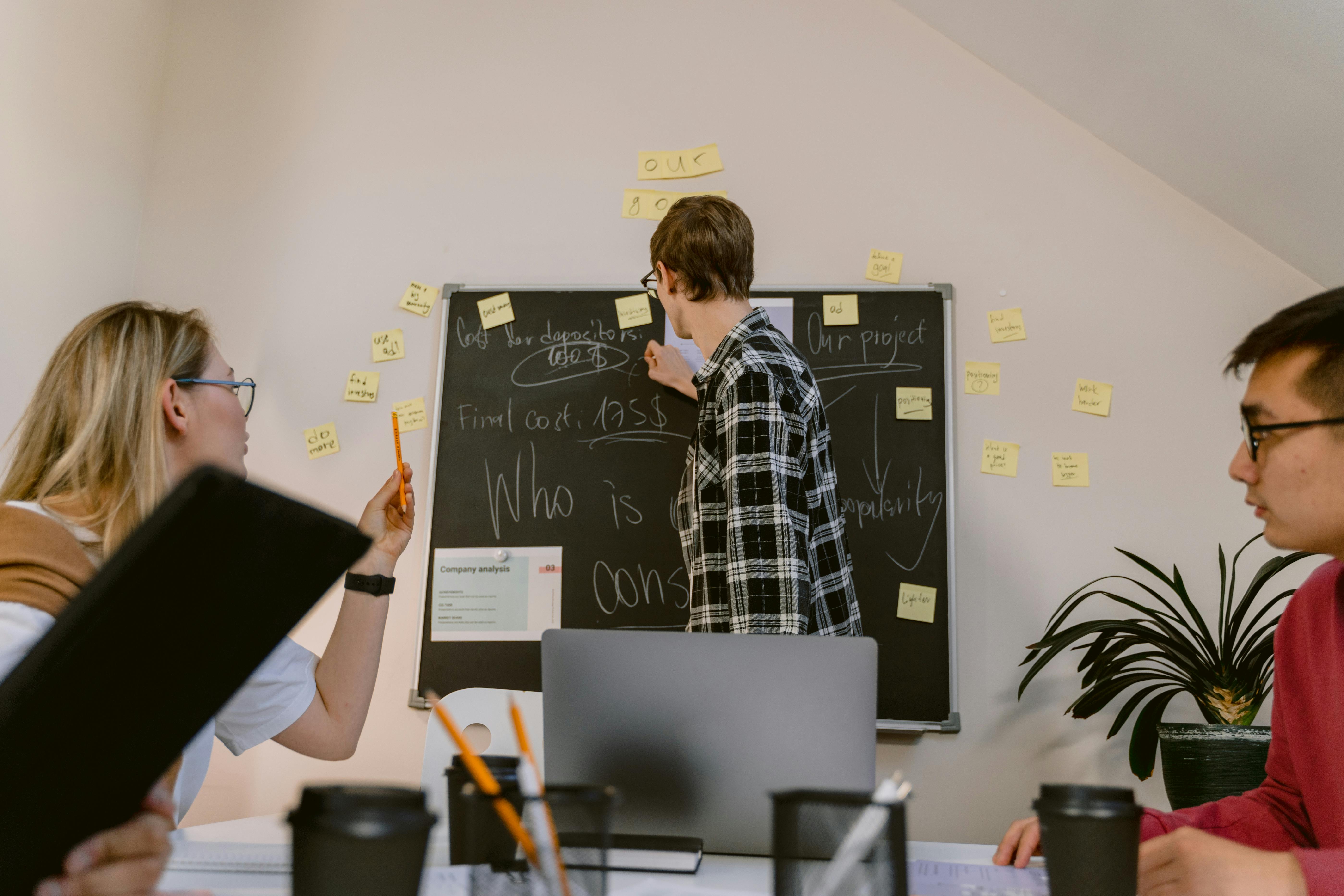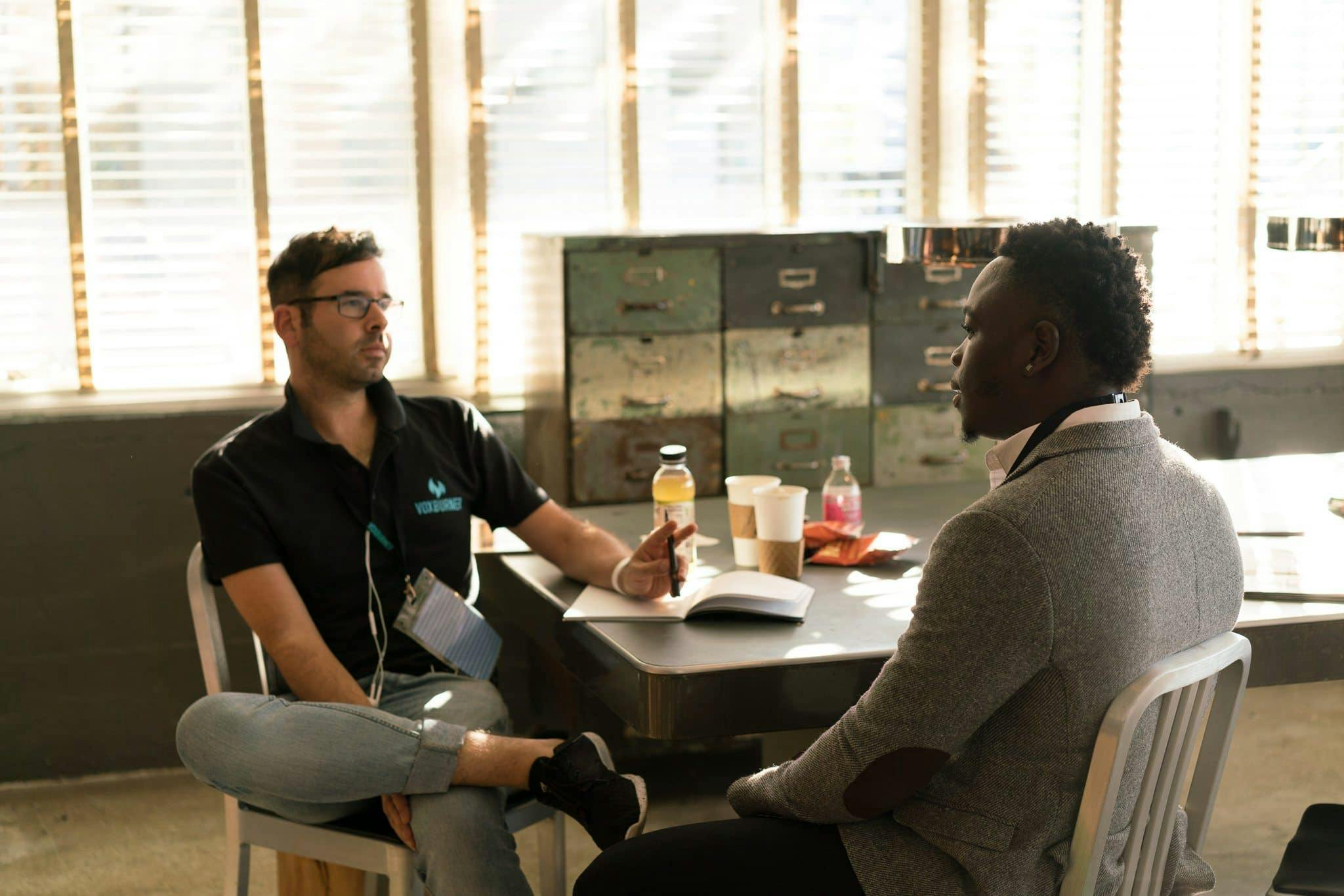
Why Your AI Referral Strategy Probably Isn't Working (And How to Fix It)
AI has a lot of potential to improve employee referral programs, making them faster, smarter, and more effective. However, many companies struggle to set up their AI-powered referral strategies correctly. If you’re already using AI or just considering it, understanding how to implement it properly is key to success.
This article explores the current state of referral programs, common mistakes with AI implementation, and how to build an AI-driven referral program that actually works.
The Current State of Referral Programs
Employee referral programs have long been the main way to source quality candidates. Employee referrals are 55% more likely to lead to hires than other methods. Referral programs also help speed up hiring, increase employee engagement, and often result in better cultural fits. However, managing referrals manually becomes increasingly difficult and inefficient as companies grow.
AI solves this problem by automating tasks such as sorting candidates, ranking them based on their fit, and even sending personalized messages. By handling these repetitive tasks, AI allows recruiting teams to focus on connecting with top talent and making faster, more informed decisions. Companies using AI-driven recruitment processes see an average 50% reduction in hiring time.
However, AI isn’t limited to just referrals. It can predict hiring needs, identify skill gaps, and help streamline overall talent management. What was once a complex process can now become a strategic advantage.
Common AI Implementation Mistakes
Without the right approach, even the most advanced AI tools can fall short. Here are the most common mistakes:
1. Ignoring Data Integration Problems
AI relies heavily on accurate, well-integrated data to provide valuable insights. However, many companies fail to properly integrate their applicant tracking systems (ATS) and HR tools, resulting in inaccurate recommendations.
Dakota Younger, Founder and CEO of Boon, says, “AI can bring everything together faster, but only if the data is clean and well-connected.” AI cannot effectively analyze and predict without seamless data integration, reducing its value in your referral program.
2. Using Generic AI Models
Many companies turn to ready-made AI tools, thinking they will solve their problems quickly. However, these tools often don’t suit a company’s specific needs. According to a Genpact and HFS Research report, only 5% of companies have successfully adopted advanced AI, while 45% are watching and waiting.
Generic AI tools are not designed for your company’s unique goals or data. As a result, they often provide poor recommendations and don’t help you improve your referral process. AI needs to be customized for your business to get the best results.
3. Not Getting Employees On Board
AI can't reach its full potential without employee buy-in. 77% of employees report that AI has increased their workloads and hindered productivity when they don’t fully understand how it works or how it benefits them. If employees aren’t engaged, the AI system won’t deliver the results you're looking for.
To make AI work for your referral program, it’s crucial to clearly show employees how the technology will simplify their tasks and benefit them directly. When employees see the value and understand how it makes their work easier, they’re more likely to participate and help drive success in your program.
4. Not Updating AI Regularly
AI needs regular updates to stay effective. As noted in AI project research, neglecting regular updates and improvements is an organization's biggest mistake. A "set it and forget it" approach leads to missed opportunities and inaccurate predictions.
To keep your AI performing at its best, it’s important to regularly monitor, adjust, and fine-tune the system. This ensures that AI stays aligned with changing business goals, hiring trends, and market needs, making it a more powerful and reliable tool.
How to Set Up AI in Your Referral Program
To build a successful AI-powered referral program, follow these five simple steps:
1. Set Clear Goals
First, decide what you want to achieve. Do you want to speed up hiring, improve the quality of candidates, or reduce costs? Clear goals will guide how you set up your AI system and help you track progress. Knowing your goals from the start ensures your efforts are focused.
2. Ensure Your Data is Ready
AI relies on good data. Ensure your systems are connected and your data is accurate and up-to-date. High-quality data ensures AI can make the right decisions and provide accurate recommendations. Without it, your AI will miss the mark.
3. Customize AI to Your Needs
Avoid using generic AI solutions. Instead, tailor the system to your company’s specific needs. Use your own data to teach AI how to identify the best candidates for your company. Customizing AI ensures it works for you, delivering results that matter.
4. Get Employees Involved
AI will work best when employees are on board. Make the referral process simple and show employees how AI makes it easier for them. Offer rewards for successful referrals to encourage participation. When employees feel engaged, your referral program will thrive.
5. Monitor and Improve
AI isn’t a one-and-done tool. Keep track of how it’s performing and make adjustments when needed. Regularly update your AI system to ensure it stays effective. Continuous improvement will help you get the most out of your AI-powered referral program.
Key Metrics to Track
To measure the success of your AI-powered referral program, here are a few things to track:
- Referral conversion rate: Measure the percentage of referrals that turn into hires. A higher conversion rate indicates that AI is helping to identify the best candidates and prioritize them effectively.
- Time-to-hire: Track how quickly positions are filled. With AI automating parts of the referral process, this metric should show a decrease in the time it takes to hire from referral to offer.
- Employee engagement: Evaluate how involved employees are in the referral program. Track the number of employees referring candidates and the frequency of their submissions. High engagement suggests that employees see value in the AI-driven process.
- Quality of hires: Assess the performance of candidates hired through the referral program. Are they successful in their roles and staying long-term? This metric shows whether the AI is helping to find better-fit candidates.
- Cost-per-hire: AI should help reduce costs by streamlining the hiring process and focusing on high-quality referrals.
How Boon Fits Into Your AI Referral Strategy
Boon is built to make your referral program smarter and more efficient with AI. Here's how it supports the key steps for successful AI implementation:
Effortless integration
We connect with your ATS, payroll systems, and platforms like Slack and LinkedIn. This ensures your data is always in sync, empowering precise and informed decisions.
Smarter recommendations
Our AI adapts to your organization. By analyzing your employee network, we recommend candidates who’s qualifications are a good match, ensuring quality referrals that drive results.
Streamlined automation
From surfacing candidates to sending follow-ups and tracking every step of the referral process, we take care of the details so your team can focus on strategic priorities.
Employee-first experience
We make referrals easy and rewarding. Features like instant referral links and gamified incentives encourage participation while keeping the process transparent and engaging for your team.
Always evolving
Our AI improves with every interaction, learning from your unique hiring patterns to make your referral program more efficient and impactful over time.
The Future of AI in Recruiting
As AI continues to improve, it will open up new possibilities in recruitment. Here’s what we can expect:
- Predictive analytics: AI will get even better at predicting which candidates will most likely succeed. It will help you find the best fit more quickly, making the referral process smarter and faster.
- Personalized candidate experience: AI will make the application process feel more personal for each candidate, improving their experience and making them more likely to stay engaged.
- Stronger connections: AI will help you find the best candidates through your employees’ networks. It will connect you with the right people before you start the search, making referrals more targeted and effective.
Turning Your AI Referral Strategy into a Success
To truly unlock the potential of AI in your employee referral program, it needs to be set up and optimized correctly. By integrating data seamlessly, customizing AI tools to fit your unique needs, and maintaining employee engagement, you can fully harness the power of AI in recruitment.
Boon’s AI-driven platform optimizes every step of your referral process, helping you find the best candidates faster, reduce costs, and make more informed decisions. From predictive analytics that gauge fit to automation that drives participation, Boon ensures your referral program is smarter, faster, and more efficient.
Request a demo today and see how Boon can help you build a more efficient recruitment strategy.


When Customer Collaboration Creates Better Products Than Customer Requests (The Co-Creation Framework)

